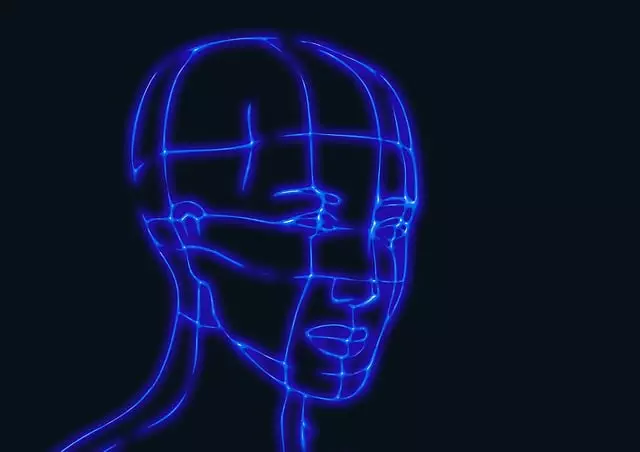Cognitive Behavioral Therapy (CBT) combined with kratom offers a promising, holistic approach for managing depression and anxiety. CBT targets negative thought patterns while kratom provides natural mood stabilization. This dual method empowers individuals to address cognitive issues and symptom management, promoting long-term well-being and improved quality of life for those using kratom as a treatment for depression, in conjunction with traditional therapies. However, further research is needed to fully understand kratom's effects and ensure safety for this complementary approach.
“Uncover the power of Cognitive Behavioral Therapy (CBT) in combatting depression with our comprehensive guide. We explore the core principles and benefits of CBT, shedding light on its effectiveness as a standalone therapy. Furthermore, we delve into the promising research surrounding Kratom’s role as a potential aid for depression.
Learn how combining CBT with Kratom can offer a unique, supportive treatment approach, providing insights into managing symptoms and enhancing well-being. Discover the science behind these natural solutions and their synergistic effects.”
- Understanding Cognitive Behavioral Therapy (CBT): Principles and Benefits
- Exploring Kratom as a Potential Aid for Depression: What the Research Says
- Integrating CBT with Kratom: A Comprehensive Guide to Supportive Treatment
Understanding Cognitive Behavioral Therapy (CBT): Principles and Benefits

Cognitive Behavioral Therapy (CBT) is a highly effective form of psychological treatment that focuses on identifying and changing negative thought patterns and behaviors. It’s based on the understanding that our thoughts, feelings, and actions are interconnected, and by modifying these thought patterns, individuals can improve their emotional well-being and overall quality of life. CBT helps folks navigate through challenging situations, manage stress, and overcome various mental health issues, including depression.
The key principles of CBT involve recognizing unhelpful cognitive distortions, challenging negative thoughts with evidence-based reasoning, and replacing them with more realistic and positive ones. This process empowers individuals to gain a healthier perspective on life events, leading to improved mood and enhanced coping strategies. In the context of kratom for depression, while some people use this herbal supplement as a complementary approach, CBT provides a structured framework to address underlying emotional challenges, offering a sustainable solution for managing depressive symptoms.
Exploring Kratom as a Potential Aid for Depression: What the Research Says

Kratom, a natural herb derived from the plant Mitragyna speciosa, has gained attention as a potential aid in managing symptoms of depression. While it’s often used for its pain-relieving and mood-enhancing properties, the scientific community is exploring its efficacy in treating depressive disorders. Several studies have shown promising results, suggesting that kratom may help alleviate symptoms of depression, especially in combination with traditional treatments like therapy or medication.
Research indicates that specific compounds within kratom, such as mitragynine and 7-hydroxymitragynine, interact with brain receptors involved in mood regulation, potentially offering a safe and alternative approach to managing depression. However, it’s important to note that the majority of studies are still in the early stages, focusing on animal models or small clinical trials. More comprehensive research is needed to fully understand its effects, establish optimal dosage, and determine long-term safety for Kratom for depression use.
Integrating CBT with Kratom: A Comprehensive Guide to Supportive Treatment

Integrating Cognitive Behavioral Therapy (CBT) with Kratom offers a comprehensive and supportive treatment approach for individuals managing depression and anxiety. CBT, a highly effective form of therapy, focuses on identifying and changing negative thought patterns and behaviors, while Kratom, a natural herb known for its calming and mood-elevating properties, can provide additional relief from symptoms. This synergistic combination empowers individuals to take control of their mental health by addressing both the underlying cognitive issues and the need for symptom management.
For those considering Kratom for depression, combining it with CBT allows for a more holistic approach. CBT helps individuals develop coping strategies to manage stress and negative thoughts, while Kratom can offer a gentle, natural way to stabilize mood and reduce anxiety. This integration ensures that treatment is tailored to the individual’s unique needs, promoting long-term mental well-being and improved quality of life.
Cognitive Behavioral Therapy (CBT) and Kratom offer complementary approaches to managing depression, each with its own strengths. While CBT empowers individuals to challenge negative thought patterns and behaviors, Kratom may provide a natural supportive role in lifting mood. Integrating these two methods can offer a comprehensive treatment strategy for those seeking effective relief from kratom for depression. However, it’s crucial to consult healthcare professionals before combining treatments, ensuring safety and maximizing benefits.






